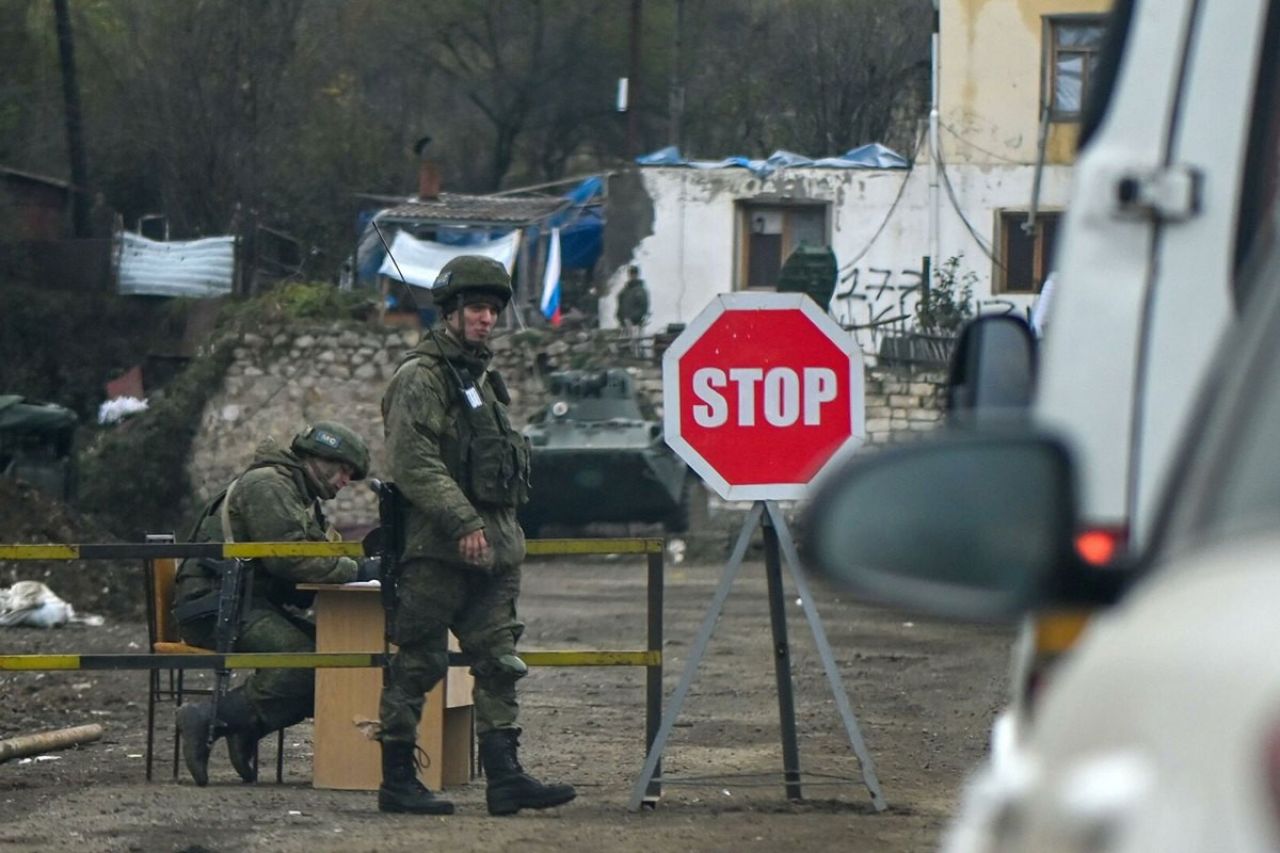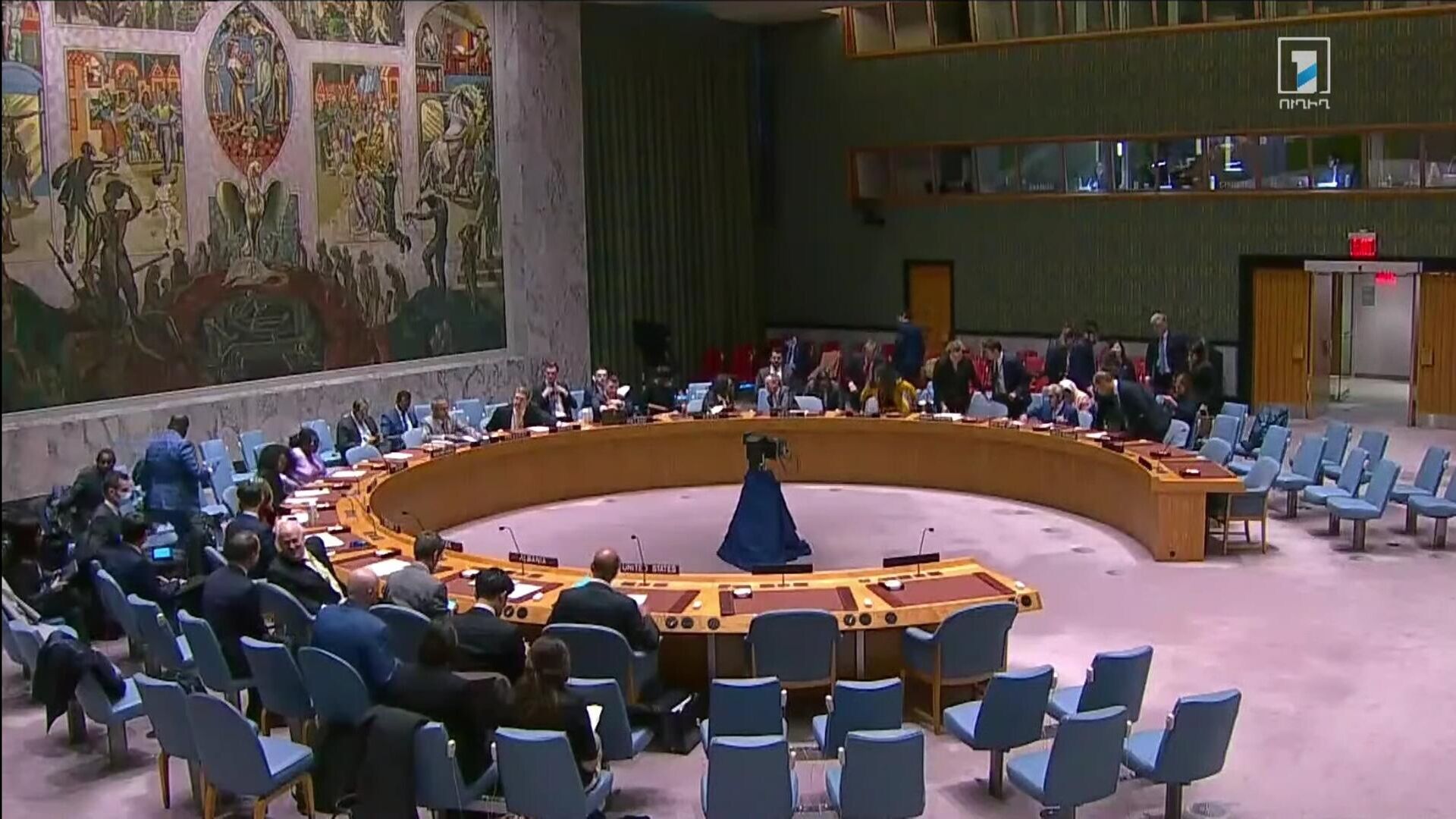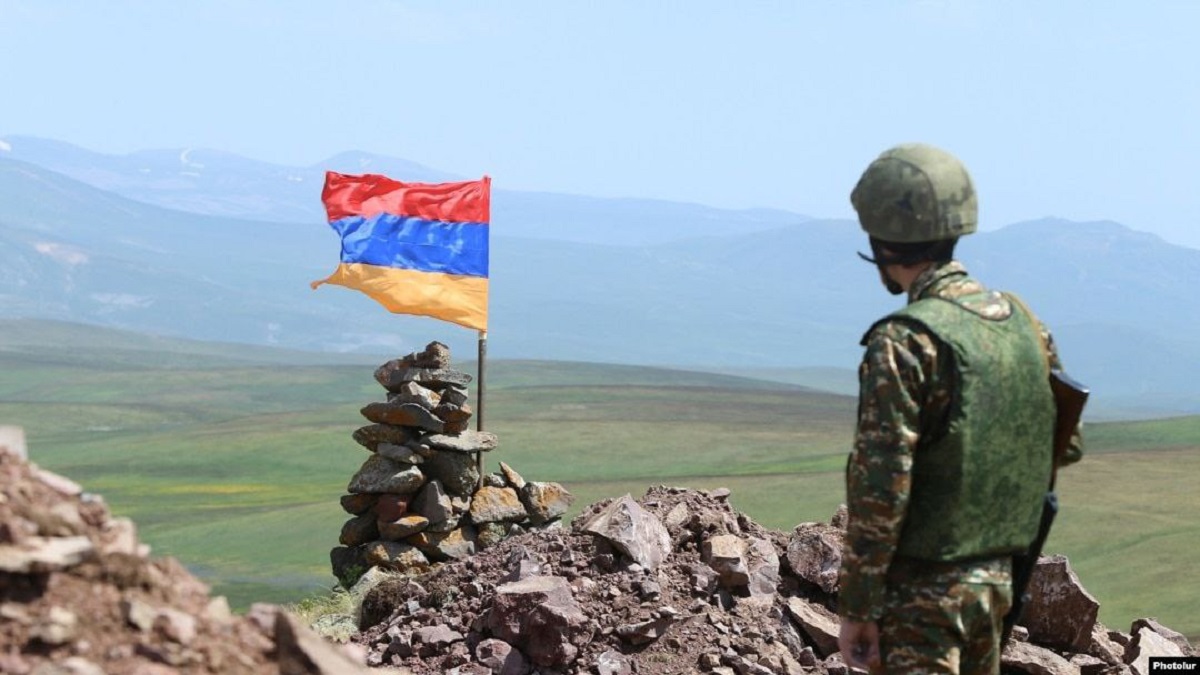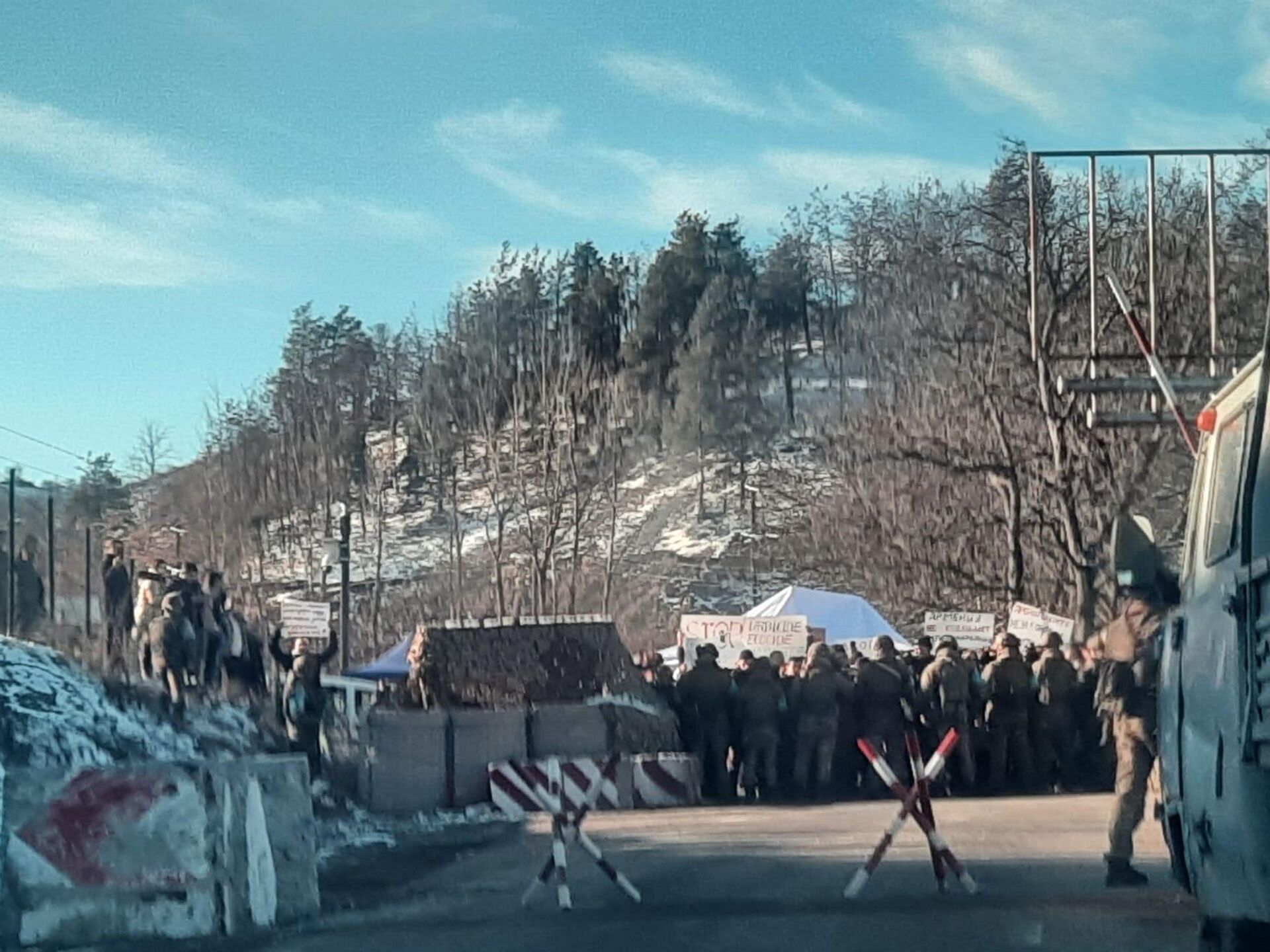“NK’s right to secede becomes invulnerable” – Former Armenian Foreign Minister
Oskanyan on the right of NK to self-determination
“ Rallies in Nagorno-Karabakh and the determination of the people to defend their rights prove that the process of self-determination is inviolable. The inevitability of the realization of this right is backed up by the 44-day war, the subsequent aggressions of Azerbaijan and the blockade of Artsakh,” former Armenian Foreign Minister Vardan Oskanyan states.
Vardan Oskanyan served as the Minister of Foreign Affairs of Armenia in 1998-2008, and has participated in the negotiations on a Karabakh resolution on the Armenian side.
Oskanyan wrote an article about the situation regarding NK, about the right of the Armenians of Nagorno-Karabakh to self-determination, and the chances of realization in the light of recent developments.
- “We suggested Baku create an institution of guarantors” – Secretary of the Armenian Security Council
“The issue of Karabakh has not been resolved”
According to Oskanyan, the basis for the events currently taking place in the region is Azerbaijan’s belief that it “has already resolved the Karabakh issue in its favor”, and now has “achieved dictatorship in relation to Artsakh and demands on Armenia.”
“The moment Aliyev realizes that the Karabakh issue has not been resolved, and the people of Artsakh are simply excluded from any status within Azerbaijan, Azerbaijan’s claims to Artsakh and Armenia will not only decline, but also become unrealistic,” he said.
“All preconditions for the realization of the right to self-determination have been met”
Oskanyan believes that the factual, historical, political and legal justifications for the self-determination of the Armenians of Nagorno-Karabakh have always been solid, fair and irreproachable. He also maintains that all political and legal preconditions for the realization of the right to self-determination have been met in the past and especially now:
“The fact that Karabakh was never part of independent Azerbaijan, but was only part of Soviet Azerbaijan, and this period was declared illegitimate by Azerbaijan in its own constitution, provides a minimal justification from which a whole range of legal and political arguments can be formed.”
He believes that Armenia’s trump card is that in 1991 Azerbaijan abolished the autonomy of Nagorno-Karabakh, and today declares that it is planning a “zero status” for the Armenians of Nagorno-Karabakh.
“The primacy of the principle of territorial integrity is debatable”
Commenting on the the inviolability of Azerbaijan’s territorial integrity, Oskanyan states that even in the “narrowest and most conservative interpretation” of this principle, its primacy is debatable under international law, offering two arguments to support his claim:
- “Armenians living in Artsakh are not a minority within Azerbaijan, but a people who live on their historical land and differ from the “mother country” in ethnicity, religion and traditions, and have a collective and undeniable desire for self-determination;
- after its collapse of the Soviet Union, especially during the 44-day war and the recent aggressions and blockades, the people of Artsakh have been constantly subjected to infringement by Azerbaijan, in other words all their rights were constantly violated.”
“Separation for salvation”
Vardan Oskanyan says that Baku refuses to offer the inhabitants of Nagorno-Karabakh any status of autonomy at all, and that this is a very violation of international law, in which “any people has the right to declare its separation or self-determination.”
The former Foreign Minister considers this to be a basis and essential prerequisite for the realization of the right to “secession in the name of salvation.”
“The right to secession for the sake of salvation” is enshrined in a resolution adopted unanimously by the UN General Assembly in 1970 and called the Declaration of Principles of International Law (Declaration on Principles of International Law). Oskanyan points out that it has the weight of international law. He recalls at least three judicial precedents (Aland Islands, Katanga, Quebec) where this principle was applied which gives it the status of customary international law.
“Absolute silence” – the position of the authorities
According to the former minister, the principle of “separation in the name of salvation” was included both in the electoral platform of the ruling Civil Contract party and the program of the Armenian government, but now “absolute silence reigns.”
Oskanyan believes that the circumstances hindering progress are not so much the interests of other countries, but rather the policy pursued by the Armenian authorities.
He believes that the government has an obligation to “change policy and get on the right side.”
“If we do not show initiative and do not deal with Artsakh, then this issue will haunt us with unpredictable consequences. Do not indulge their expectations that Artsakh will become part of Azerbaijan. This will definitely turn into a war because the people of Artsakh will not accept this,” he maintained.
Follow us – Twitter | Facebook | Instagram
Oskanyan on the right of NK to self-determination






















